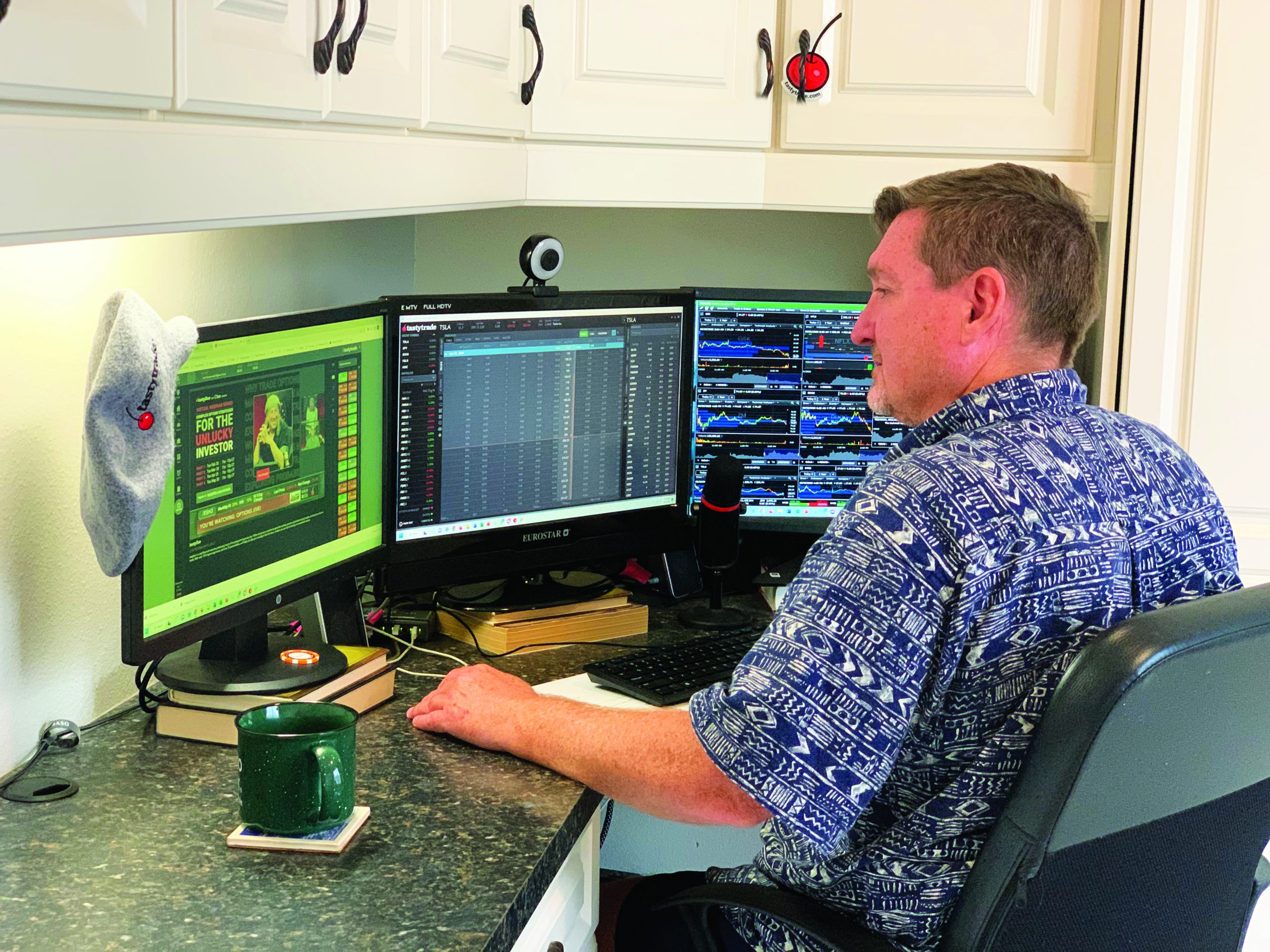That’s A Thing…
Now that we’re a few weeks removed, I think we can say, well, that happened. Welcome to the world of that’s-a-thing-days. For the uninitiated, allow me to explain.
A that’s-a-thing-day is a day that begins much like any other day, but between the time you wake up and time you go to sleep, you find yourself somewhere unexpected, reflecting back on the events of the day and saying to yourself, “that’s a thing?”
Most that’s-a-thing-days involve ending the day in a hospital with a doctor explaining how your body malfunctioned. But clearly, those types of days are not limited to the medically disadvantaged. Markets are living organisms and as such, they too are subject to things going a bit sideways. Last month’s ailment, GameStop (GME).
Before delving into the particulars, let’s set the stage a bit. There are certain regulatory requirements imposed in the marketplace. One such regulation are minimum capitalization requirements for clearing firms. I’ll avoid the esoteric intricacies, but at a high level, clearing firms must maintain a level of capitalization. If they fall below a threshold, they must suspend trading in places.
Short selling involves borrowing stock from someone then selling it. Because of how it works, it’s possible for more shares to be sold short than shares outstanding. Allow me to illustrate. Let’s assume ABC stock has a float (shares available to trade) of 100 shares and you own it all. I want to short ABC stock, so I borrow 100 shares from you and sell to a third person. The stock then continues rising and I want to add to my short position. So, I go back to the same person who bought my original short stock, borrow the stock again and sell short to a fourth person. At this point, the same 100 shares of stock have been used multiple times, and there are more shares in play than float. Beavis and Butthead actually did a masterful example of this once with candy bars and using the same $2 to buy all of one another’s candy.
Put the above pieces together and you now have a situation where there is a lot of short stock and if all the people who lent out their stock want it back at once, I’m forced to buy back the stock I sold short and return it to the original owners. That can cause a lot of upward pressure on prices. Add the new buyers who catch on to what’s happening and suddenly we’re off to the races. Adding fuel to the fire and fanning the flames of conspiracy are those pesky capitalization requirements by the SEC, conceived to protect investors. As individuals buy more stock, often on margin, or sell options with buying power that affords leverage, clearing firms can experience a depletion of capitalization, forcing them to halt trading at the source of the problem.
So yeah. That happened. And now you understand that’s-a-thing days.






















